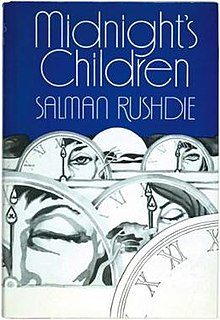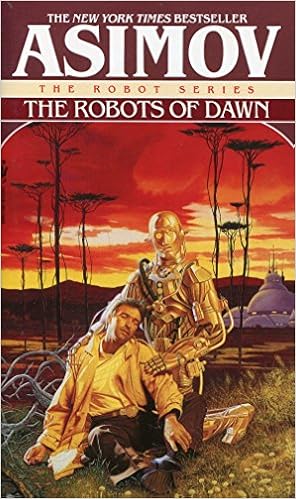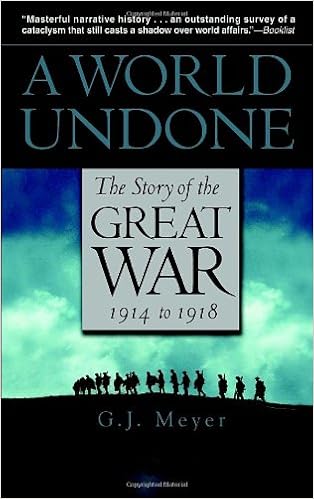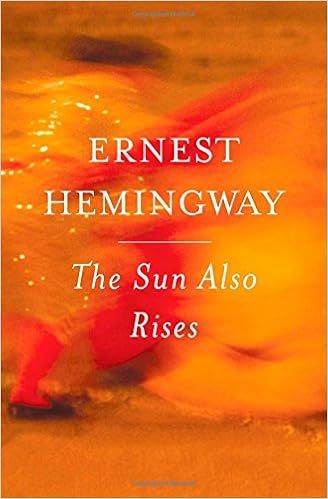Here's my review of Midnight’s Children, next will be Robots and Empire, Up from Slavery, and Lonesome Dove.
Midnight's Children, published in 1981, looks at India's transition from British colonialism to independence through the lens of historical fiction. It also has heavy elements of magical realism. The book focuses on the events leading up to and comprising the life of Saleem Sinai, who was born at the very moment that India became an independent state. Saleem finds himself a member of a group of children possessing powers. These were the children born in the first hour of India's independence; the closer to the stroke of midnight, the greater the gift. The book has received a fair amount of acclaim. Personally, I could take it or leave it. I say that understanding that my ignorance of Indian culture and history probably made it so that a good amount of of the book's content went right over my head.

Midnight's Children, published in 1981, looks at India's transition from British colonialism to independence through the lens of historical fiction. It also has heavy elements of magical realism. The book focuses on the events leading up to and comprising the life of Saleem Sinai, who was born at the very moment that India became an independent state. Saleem finds himself a member of a group of children possessing powers. These were the children born in the first hour of India's independence; the closer to the stroke of midnight, the greater the gift. The book has received a fair amount of acclaim. Personally, I could take it or leave it. I say that understanding that my ignorance of Indian culture and history probably made it so that a good amount of of the book's content went right over my head.













